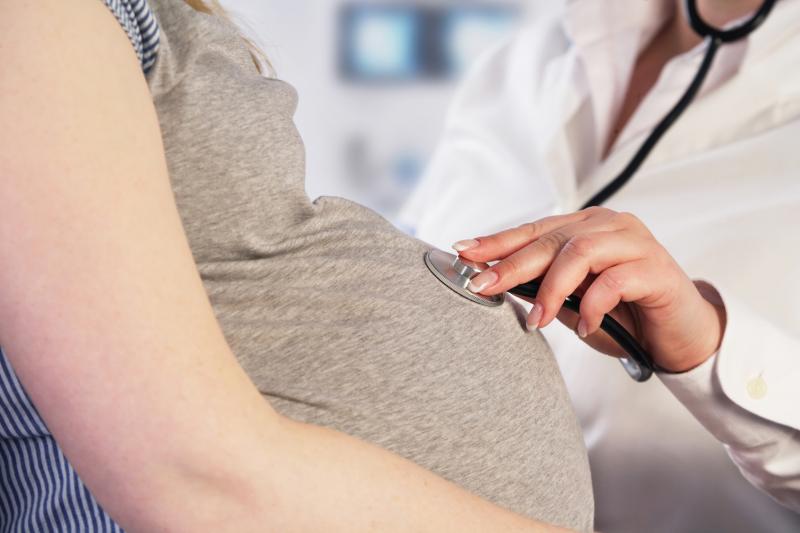 Postpartum depression: how nurses can help
Postpartum depression: how nurses can helpPsychosocial stress may be linked to changes in weight throughout pregnancy, a recent study has shown.
Drawing from the German Ulm SPATZ Health Study, researchers identified 748 women who had had demographic, clinical and lifestyle data collected during pregnancy. Chronic stress during pregnancy was assessed using the screening scale of the Trier Inventory of Chronic Stress (SSCS-TICS).
More than a third of the participants experienced weight gain during pregnancy that exceeded the Institute of Medicine (IOM) limit recommendations. The median SSCS-TICS score was 50.0; median scores in the depression and anxiety subscales of the Hospital Anxiety and Depression Scale were 2.0 and 4.0, respectively.
Generalized estimating equation models showed a positive association between chronic stress at delivery and body weight in participants with SSCS-TICS scores in the topmost tertile during the first gestational month. The same was true for depressive and anxiety symptoms, as well as hair cortisol concentrations.
Notably, gestational weight gain was lower in women who had high chronic stress. This was particularly true for months 3–9, with the test for interaction between time and SSCS-TICS score achieving significance (p=0.043).
“[W]e conclude that there might be evidence of an association between stress and maternal body weight and weight gain lying beyond what is measured by the IOM categories, which however needs corroboration in other studies,” said researchers.
Future efforts should also take into consideration the mothers’ dietary behaviour and investigate the role of cortisol to more clearly understand underlying mechanisms connecting maternal stress and weight gain.